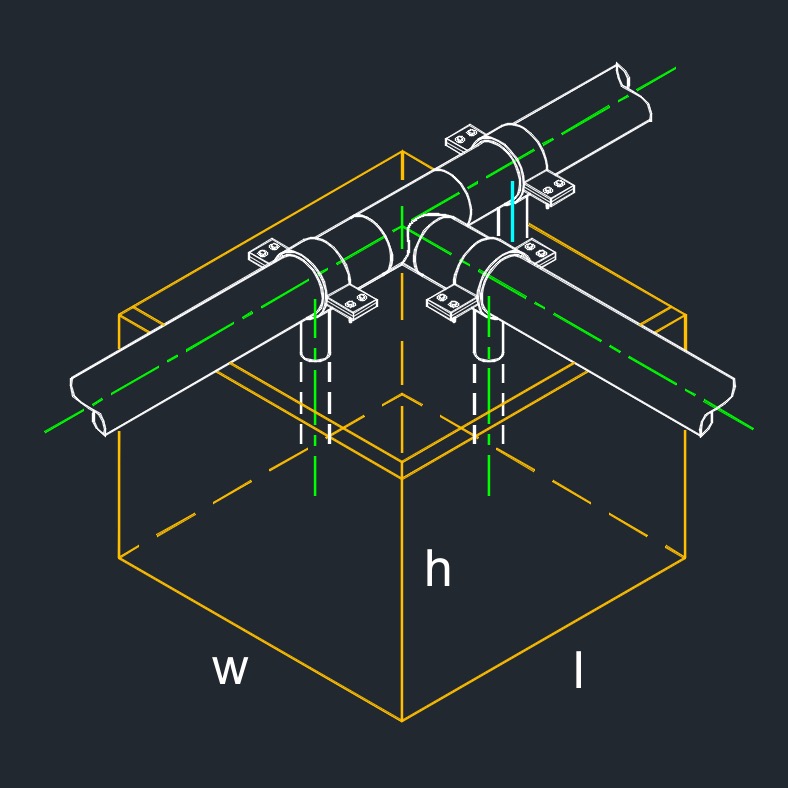Concrete Volume
Concrete Volume Formula |
||
|
\( V \;=\; h \cdot l \cdot w \) (Concrete Volume) \( h \;=\; \dfrac{ V }{ l \cdot w }\) \( l \;=\; \dfrac{ V }{ h \cdot w }\) \( w \;=\; \dfrac{ V }{ h \cdot l }\) |
||
| Symbol | English | Metric |
| \( V \) = Volume of Concrete | \(ft^3\) | \(m^3\) |
| \( h \) = Height of Concrete | \(ft\) | \(m\) |
| \( l \) = Length of Concrete | \(ft\) | \(m\) |
| \( w \) = Width of Concrete | \(ft\) | \(m\) |
 Concrete volume, abbreviated as V, is a mixture of gravel, Portland cement, rock and sand. It is the amount of space or capacity occupied by concrete in a given structure. The volume of concrete is a crucial parameter in construction, as it determines the amount of material needed for a specific project. When working with concrete in construction projects, it's important to account for factors such as wastage, variations in dimensions, and the type of concrete mix being used. Engineers and construction professionals carefully calculate concrete volumes to ensure that they order the right amount of materials for a project, avoiding both excess costs and material shortages.
Concrete volume, abbreviated as V, is a mixture of gravel, Portland cement, rock and sand. It is the amount of space or capacity occupied by concrete in a given structure. The volume of concrete is a crucial parameter in construction, as it determines the amount of material needed for a specific project. When working with concrete in construction projects, it's important to account for factors such as wastage, variations in dimensions, and the type of concrete mix being used. Engineers and construction professionals carefully calculate concrete volumes to ensure that they order the right amount of materials for a project, avoiding both excess costs and material shortages.

